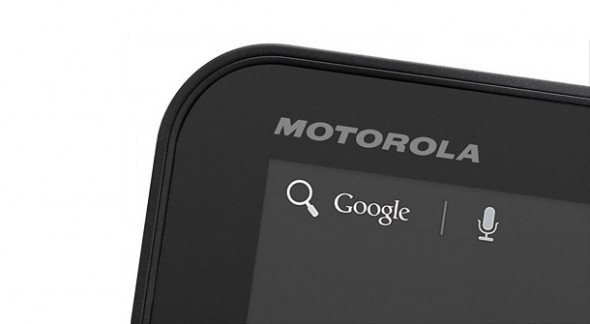Good news out of Washington this week. The FTC has announced that it’s reached a settlement with Google regarding its antitrust investigation. The Federal Trade Commission was going after the search giant for several reasons, including patent abuse.
But not anymore. Google has agreed, among other things, to license several of its standard-essential patents — many of which it picked up in its recent acquisition of Motorola — to its competitors under FRAND (fair, reasonable and non-discriminatory) terms…
Here’s an excerpt from the FTC’s press release:
“Under a settlement reached with the FTC, Google will meet its prior commitments to allow competitors access – on fair, reasonable, and non-discriminatory terms – to patents on critical standardized technologies needed to make popular devices such as smart phones, laptop and tablet computers, and gaming consoles…
…”We are especially glad to see that Google will live up to its commitments to license its standard-essential patents, which will ensure that companies willing to license these patents can compete in the market for wireless devices,” Leibowitz added. “This decision strengthens the standard-setting process that is at the heart of innovation in today’s technology markets.”
The news is actually a pretty big deal, especially for Microsoft and Apple — both of which have faced Motorola in court over these standard-essential patents, and have accused the company of anti-competive behavior for not licensing them at fair prices.
From a blog post by Microsoft’s legal council last February:
“Earlier today, Microsoft filed a a formal competition law complaint with the European Commission (EC) against Motorola Mobility and Google. We have taken this step because Motorola is attempting to block sales of Windows PCs, our Xbox game console and other products.”
But it looks like Google’s deal with the FTC could put an end to some of this tension, and with Apple too. Motorola has won injunctions against Apple in Germany and other parts of Europe in their ongoing patent war, one of which shut down iCloud.
In addition to patent licensing, Google also agreed to give advertisers more flexibility to manage their ad campaigns with Google’s AdWords along with rival ad platforms. It’s also promised to make some changes to the way it handles vertical offerings.
Even though it’s being forced to make major changes to its business practices, Google is getting off rather easy compared to its last run-in with the FTC. Back in November, the search giant was asked to pay a $22.5 million fine for its Safari tracking scandal.
